Good People for the Resistance is a monthly interview with people who give me hope. Today, meet Charles Daniels, who with his wife Samantha co-founded Fathers’ Uplift, an organization that helps absent fathers become part of their children’s lives, and provides counseling to children growing up without their fathers.
In a few short years, Charles has gone from an entry-level social work job to a 2019 Obama Foundation Fellow who’s earned national recognition for his work, appearing on CNN and Good Morning America. Last year, President Obama sent Charles a Father’s Day Twitter greeting, announcing, “This man has a brilliant solution to helping fathers reconnect with their kids.”
How’s Charles do it? Through a lot of hard work and, over the years, internalizing the teachings of his childhood hero, Mr. Rogers.
Q: Why did you start Fathers’ Uplift?
A: As a graduate student at Simmons University, I had an Albert Schweitzer Fellowship, which required me to do a project. I worked on father absence, mainly because my own anger issues as a child related back to my father. He wasn’t around during my childhood; I was the result of an extra-marital affair.
For my Fellowship I ran weekly support groups for dads at a community health center, most who lived next door in a sober home. What I realized was that no one was absent because they’d planned it. Hearing their stories week after week, I realized all of these fathers loved their kids. Why were they absent? Shame, guilt, embarrassment, mental health and substance abuse issues got the best of them. They needed support.
Q: How’d you go from a grad student running groups in a community center to starting your own organization?
A: My first social work job after graduate school paid $45,000 a year. I had never made that much money in my life. But my girlfriend Samantha, who’s now my wife and co-founder, told me I couldn’t get stuck in a job just to make money. She said I had something else I was called to do – to work with and support absent fathers – and that’s what I had to do.
So I got a social work job with the Boston Public Health Commission, which made Fathers’ Uplift one of their programs. Within a year, a local Boston foundation gave me a grant to get started, enough money to buy a small office where we could run fathers’ groups, and pay myself a salary of $10,000. Samantha worked a full-time job to support us.
Q: I find one of your programs in particular innovative and important: The Male Engagement Institute. What is it, and why did you create it?
As a social worker, I met many, many social workers who were not prepared to engage men of color or fathers. Most of social work is Eurocentric, taught by women, and programs are geared towards mothers. A men-of-color perspective is lacking, as is father engagement. When I talked to social workers about this gap, some told me they were scared to call the dads. This is just one more thing that contributes to dads feeling like they aren’t supported.
I want to catch social workers before they go into the field. As part of the Male Engagement Institute, social work grad students come to Fathers’ Uplift for a 1-2 year practicum. They have a caseload of fathers, plus they learn theory, clinical models as applied to engaging fathers in communities of color.
Q: COVID has hit lots of organizations like yours really hard. What’s going on with your clients?
A: One of the hardest hit neighborhoods in Boston is Dorchester, where most of the population we serve lives. Many individuals are dealing with issues like poverty, homelessness, or substance abuse, and COVID has added an extra layer of difficulty and worry to their lives. There’s an enormous amount of anxiety and depression because of COVID-related unemployment.
We decided to work on food access and cash assistance first. We’re partnering with a local organization, Lovin’ Spoonfuls, to deliver food to people wherever they are. And, so far we’ve given 50 fathers $500 cash. People can’t get unemployment assistance fast enough, and cash makes a huge difference. We’re planning to do more of that.
We’ve also started to deliver some of our services virtually. We had a 5-year scalability plan that included providing therapy virtually, but COVID forced us to speed that up. We’re doing therapy over the phone, texting, and using Google Hangout.
Q: Tell me about one of your more memorable program participants.
A: One of the dads we were working with was accused of something he did not do. As a result, his son was removed and put into foster care. He was on the verge of pleading guilty, just to put it behind him. At this point Fathers’ Uplift got him legal services. In court, the family that had made allegations against him admitted they’d lied.
The dad got custody of his son — who’s now on his way to college. He wrote a book about his experiences, which is coming out soon. What this taught me was the importance of providing legal advocacy for our dads. Many plead guilty to crimes they do not commit.
Q: You’ve had phenomenal success, going from a single program to an organization with impressive results in just a few years. To what do you attribute your success?
A: My wife and I are fighters. One thing we know is struggle and poverty, and what it feels like not to have a father in the household. This work is personal for us. We would do it without the resources.
Our greatest strength is that for us, this is deeper than raising money and soliciting grant support. We want fathers to be present, from a personal place.
Q: Who’s your personal hero?
A: Mr. Rogers. As a kid, I was in a really, really dark place. I very much needed a happy space to be in. When I watched Mr. Rogers I would sit there with my bowl of chips, like other boys would sit and watch football, and he’d ask, won’t you be my neighbor? and tell me, I like you just the way you are. This touched me in a wonderful, delicate way. Just having someone say to me, I like you.
I didn’t know at the time he was a minister, but he was. And the ministry he was conveying through that screen literally saved my life.
Q: If you had the opportunity to go to the White House to meet Trump, would you go?
A: Yes. I would be curious to hear about his experience with his own father. And I would encourage him to know that he is a father figure to many people, to look at his role from that perspective. He may come to his work differently if he looked at it that way.


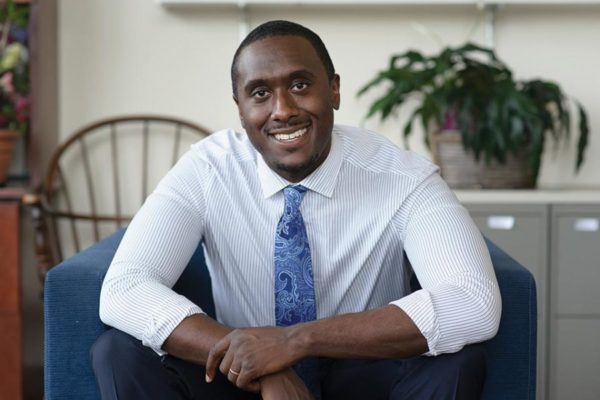
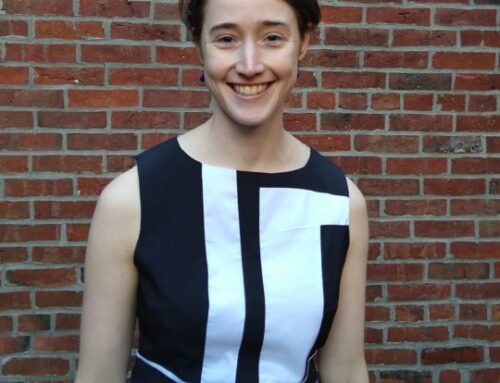
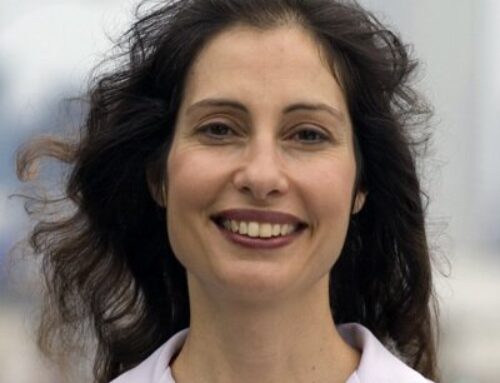
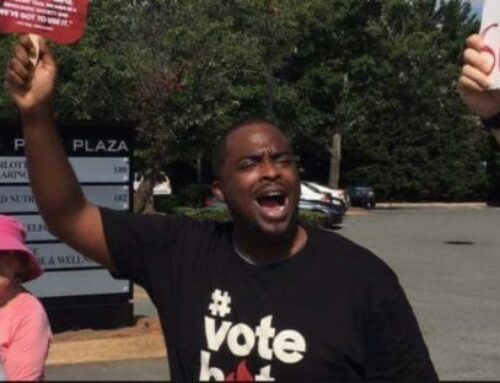
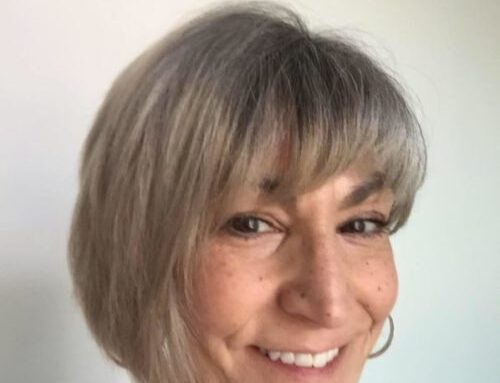
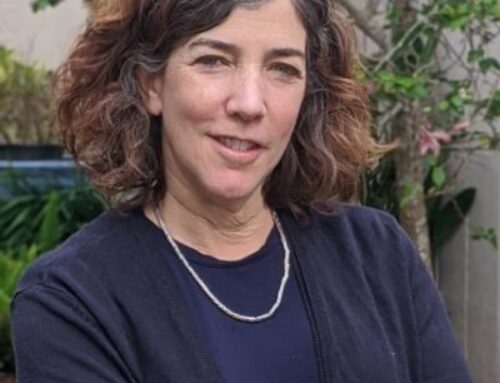
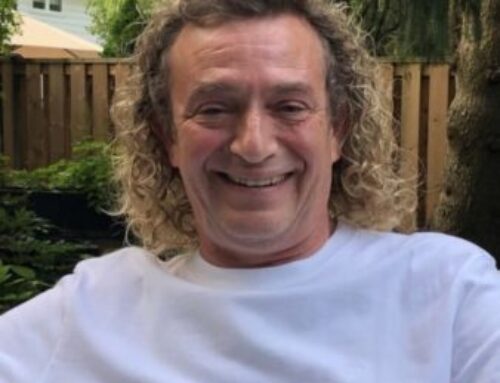

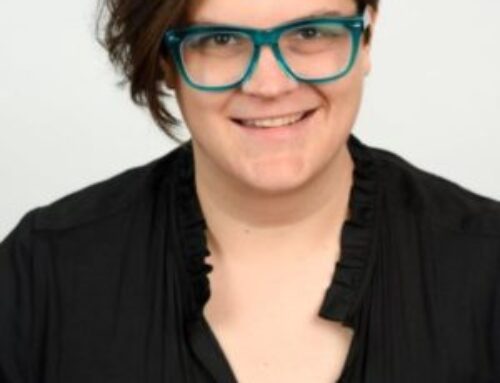
Leave A Comment